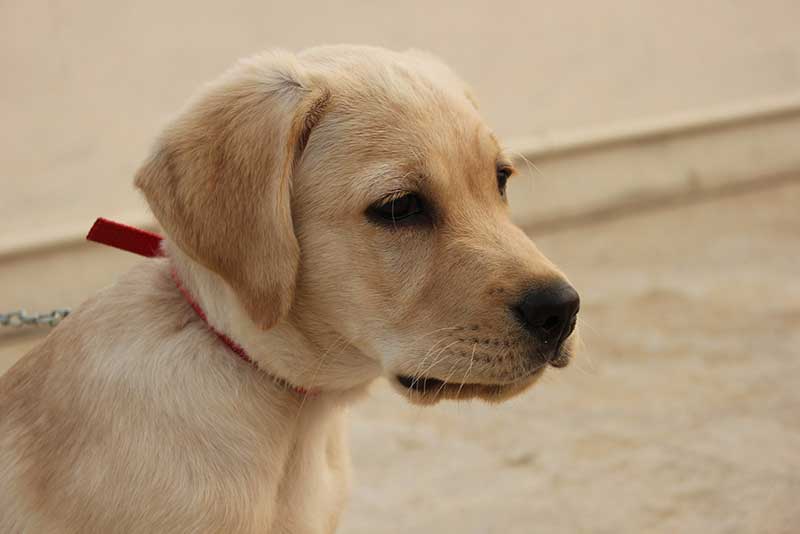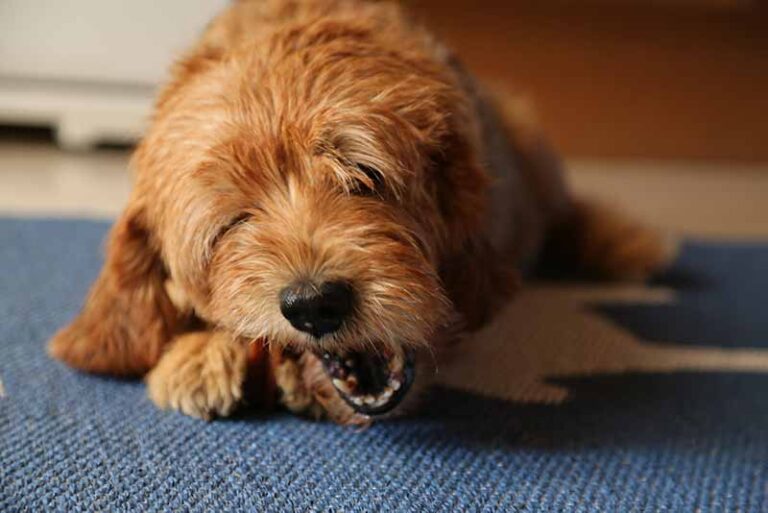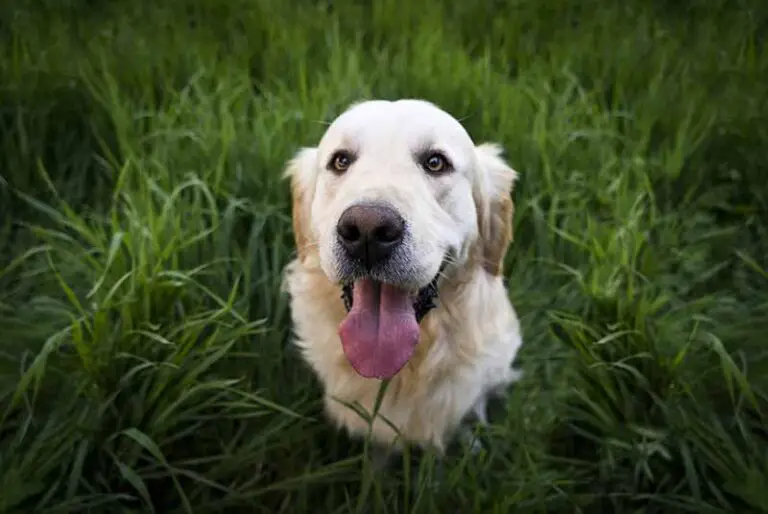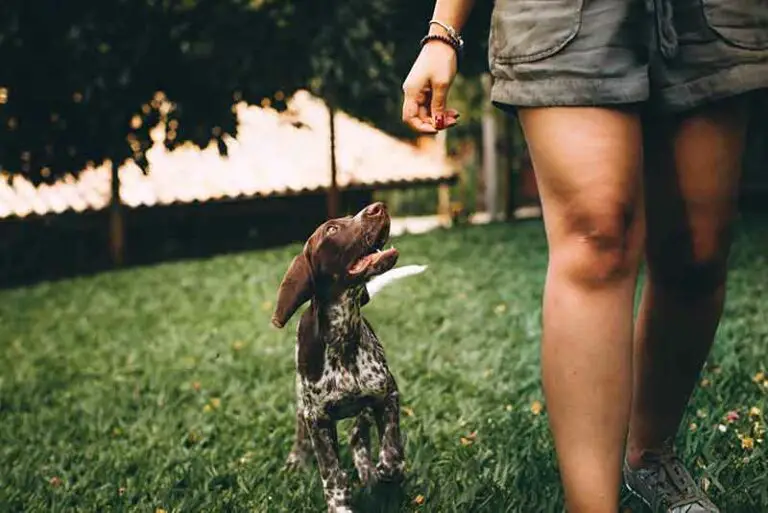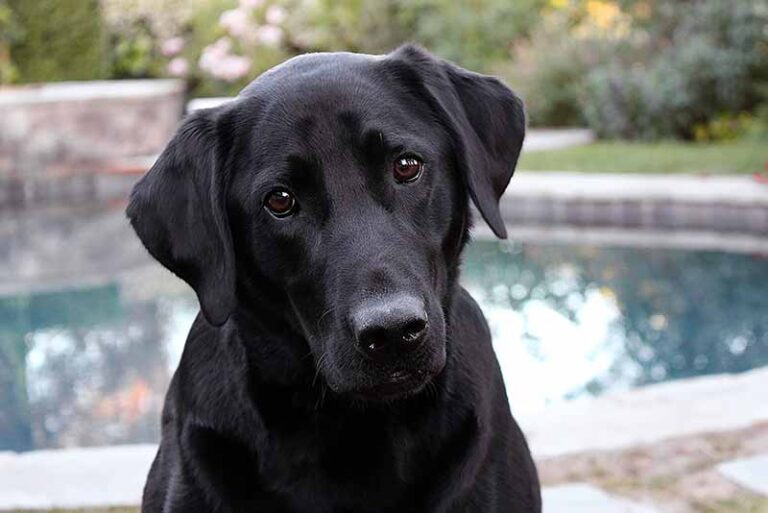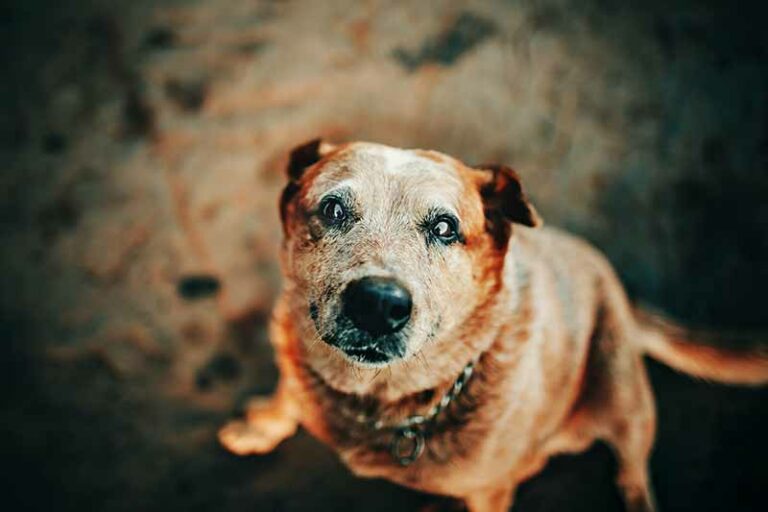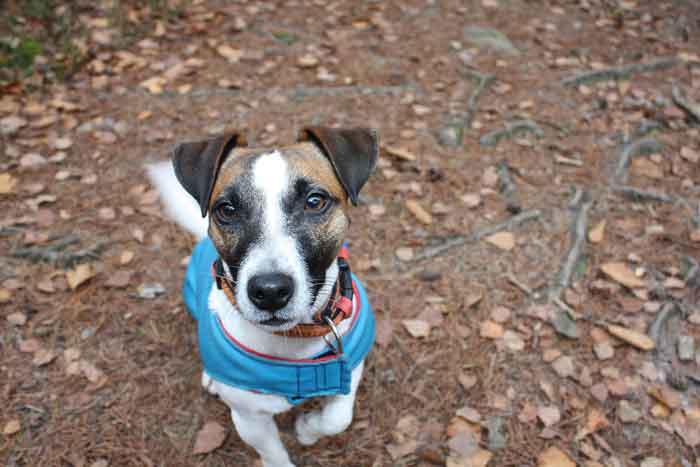Why Do Dogs Quiver? Should You Be Worried? Reasons Explained
Sometimes there are incidents that make us question whether our dogs are healthy as we assume them to be. They express some out-of-character behaviors from time to time that let us know that something is bothering them.
One such situation is when the pet is quivering without a clue as to why. But why do dogs quiver suddenly? Should you be concerned and take him to a vet, or is that their normal behavior? Let’s find out.
Why do dogs quiver? Shivering or quivering a dog may be caused by various reasons. It may even be how they show emotions, such as excitement, fear, and pain. Additionally, this quivering may also stem from kidney-related diseases and poisoning.
What Does Quivering In A Dog Mean?
Quivering means that your pet is showing signs of distress and is shaking or trembling out of the ordinary. Sometimes, you might even be caught off guard to feel the pet quivering while petting him.
You may feel a tremble in your furball’s body that our eyes couldn’t see, but when you touch him, this is felt a thousand times more clearly. But there are also times when a dog will be visibly shivering.
Either way, shivering in a dog points out that there is something wrong with the dog. Keeping an eye out for suspicious behavior and symptoms may help you identify the root cause and determine whether you should take him to the vet immediately or if you can handle the situation alone.
Why Do Dogs Quiver?
Sometimes dogs start to shiver and display signs of distress. My pet, Sparkles, sometimes does this whenever he’s injured. He will come near me, and when I start petting him, he will suddenly quiver.
And when he does that, I know that he’s uncomfortable and something is bothering him. But for the most part, I’ve wondered why dogs quiver.
So, I have listed some reasons why down below.
- Excitement
If your dog is excited over something, let’s say that he’s happy to see you return home after; he will be jumping up and down, trembling with excitement.
One of the signs in a dog’s body language screams his excitement out loud. So, if that’s the case, you have nothing to worry about.
- Pain
Next, the pain they feel also plays a part in dog’s quiver. These pains are unavoidable if the dog is injured, feeling unwell, or in his old age.
Injury and joint and bone pain are only the most frequent reasons that provide answers to the problem in your mind; why do dogs quiver?
- Excessive cold
Next, if the dog is feeling cold, just like how we start to shiver when we find ourselves at temperatures below what we can bear, they will begin to tremble.
The best thing you could do in a situation like that is to take your furball inside if he’s housed out, turn up the temperature in the house, give him some warm blankets, etc.
dogs are susceptible to temperature fluctuations. Therefore, if you live in a place where these fluctuations are frequent, you may want to keep a close eye on your boy.
- Serious health condition
Moreover, suppose the dog is suffering from infections and diseases such as kidney-related medical issues, liver problems, canine distemper, generalized tremor syndrome (Also called Steroids), nausea, or seizure disorders.
In that case, the pet will start trembling to make you think about what is wrong with them. You must keep an eye on the pet and look for symptoms like coughing, unusual nose discharge, high fever, drooling, hiding, etc.
Why Does My Dog Quiver When I Pet Him?
If you ever feel like your furry little friend is vibrating under your touch, it is not a call for a panic attack.
Dogs start to shiver or shudder when they are excited about something, and perhaps he is excited that you are petting them with love. It will make him quiver his body and respond to your touch.
But if this is something you have never witnessed in your dog, in which you have studied all his body language and responses to every type of situation, you may find this odd.
At times like that, keeping a close eye on the dog may be necessary to ensure everything is fine and your pet is not in danger.
When Should I Be Worried About My Dog’s Quiver?
Panicking without knowing the reasons why your pet is showing distress is not wise in this situation. It may be out of excitement or pain, or it even could be that he ingested a toxic substance and is really in pain.
Therefore, before panicking and thinking about why dogs quiver, you should first make sure you have correctly understood the situation.
If you feel that the dog is shuddering just out of excitement or fear, you may need to act accordingly and calm the dog down.
But if the situation is tense and the dog shows many visible signs of distress and pain, without losing your calm state, examine the dog thoroughly.
And if you were able to pinpoint the cause of what is causing your pet to shudder, check if there is something you could do to help the pet.
For instance, if you are confident that the pet is quivering due to the cold, you can give him a cozy, warm corner to lie down to and some blanket you can spare to make him much more comfortable.
But suppose you can’t understand what is wrong and are worried that something is wrong. In that case, the only best option you can make is to take him to a pet clinic so the doctors there will be able to run tests and identify the issue correctly, and put the dog out of his misery.
Now that you know precisely why dogs quiver, you can act appropriately if you ever run into a similar situation. The foremost thing you should make sure to do is to keep yourself calm.
Thanks for reading. Stay tuned with Jack Russell Owner for more interesting posts about our four-legged furry friends.

